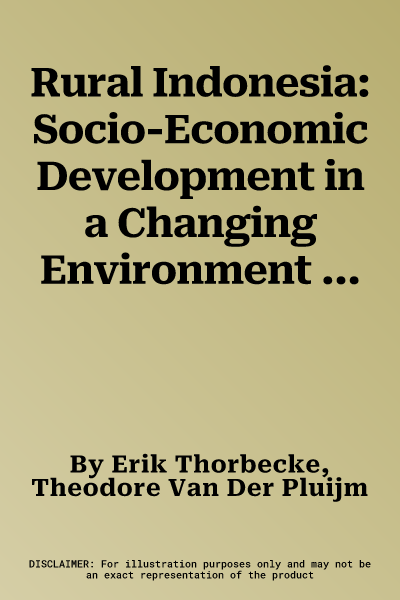Erik Thorbecke
(Author)Rural Indonesia: Socio-Economic Development in a Changing Environment (Revised)Hardcover - Revised, 1 August 1992

Qty
1
Turbo
Ships in 2 - 3 days
In Stock
Free Delivery
Cash on Delivery
15 Days
Free Returns
Secure Checkout

Part of Series
Reappraisals Jewish Social History
Part of Series
Ifad Studies in Rural Poverty
Print Length
390 pages
Language
English
Publisher
New York University Press
Date Published
1 Aug 1992
ISBN-10
0814781977
ISBN-13
9780814781975
Description
Product Details
Book Edition:
Revised
Book Format:
Hardcover
Country of Origin:
US
Date Published:
1 August 1992
Dimensions:
22.86 x
15.24 x
2.54 cm
Genre:
Southeast Asian
ISBN-10:
0814781977
ISBN-13:
9780814781975
Language:
English
Location:
New York
Pages:
390
Publisher:
Weight:
707.6 gm